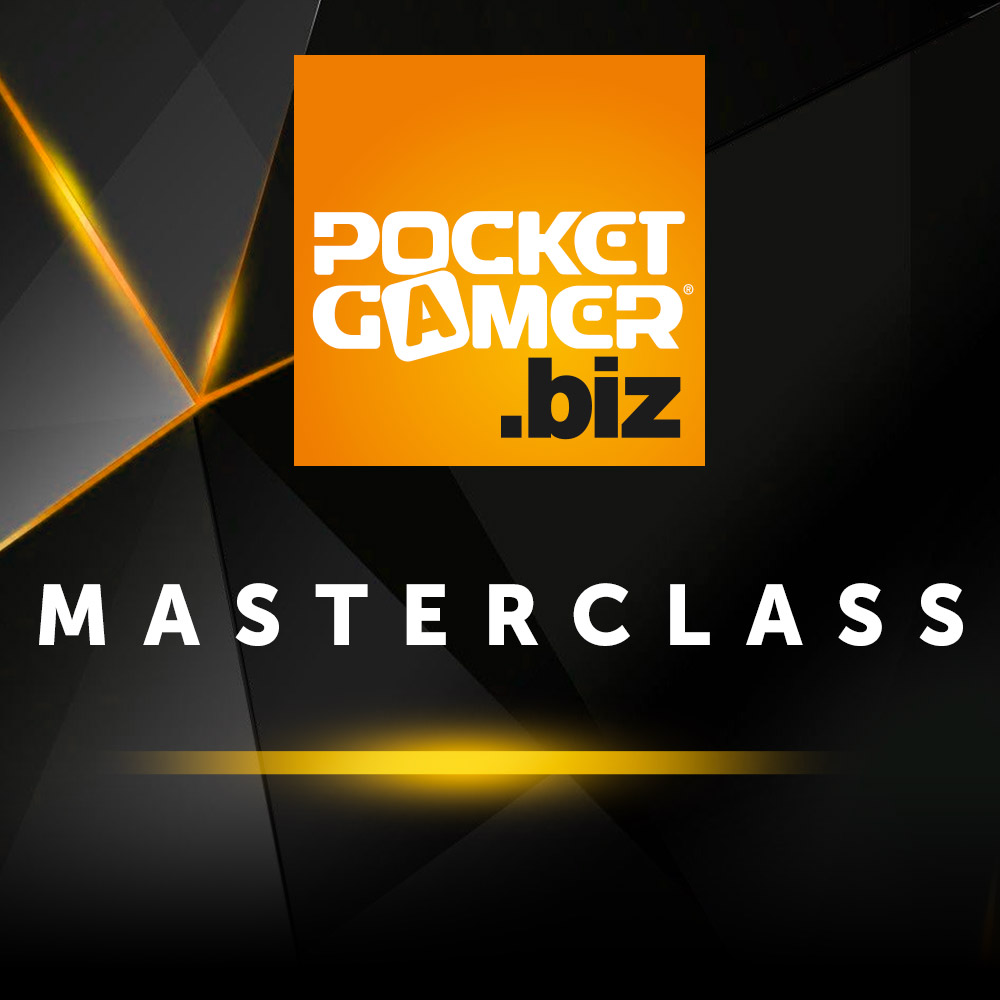This event listing is from Ukie partner PocketGamer.biz.
Thousands of games are released every year, and most of them won’t become a hit. The key thing that separates a successful game from one that flops is its ability to be fun and engaging to the audience. In other words, game design.
In the past, developers would create something they thought was fun and then pray for the audience to enjoy it.
Today there are a range of techniques to help us validate design decisions, understand who our audience is, what they will enjoy, plus speed up the development process by avoiding creative dead ends and detecting earlier what does work.
This MasterClass will provide you with a series of good practices and tools to set up a solid game design, and teach you how to use a data-oriented methodology to validate it and improve it.
It’s intended to be useful both for those working on new games and for those running live games that want to improve their player experience.
Key takeaways include:
Attendees will learn
- How to benchmark the competition, build and use realistic player personas, and best practices to integrate actual audiences early on in the creative process to guide the development.
- How to break down the progression structure of a game on its different sections (FTUE, onboarding, endgame, etc) and identify the critical elements on each stage.
- How to establish and validate a gameplay proposal. Find an innovative, engaging gameplay, employing a lean methodology and a user-oriented mindset.
- How to arrange / analyse playtests to validate and improve the player experience, including the usage of playtesting services such as Playtestcloud.
- How to adapt game design to make the game more marketable, and extract the maximum value from the usage of third party IPs, satisfying both the licensor and the players. (Key topic on a post-IDFA scenario).
TARGET AUDIENCE: This MasterClass is oriented both to Game Designers that want to learn new techniques, and to professionals from the disciplines of Development, Product Management, Live Ops, Business Intelligence or Production with any level of seniority, that want to increase their T-shaped design skills.
The methodologies and learnings presented are applicable to any genre and platform including PC/Console, but the examples and approach will be mainly focused on mobile.
MEET THE MENTOR
Javier Barnes is a game designer and free-to-play specialist with more than 10 years of experience. He was Senior Product Manager at Tilting Point, where he both evaluated and helped grow multiple free-to-play games. Previously, he was Lead Game Designer of Monster Legends, as well as Game Economy and Systems Designer for top grossing mobile hits such as Despicable Me: Minion Rush and Asphalt 8: Airborne, among many others.
CONTENT BREAKDOWN
Part 1. Theoretical Framework and Benchmarking
The first rule of war is to know your enemy. So we will learn several techniques and key concepts to benchmark a market genre or a competitor, including the usage of services like App Annie and Steam Database, and how to establish realistic player personas, to obtain insights that will guide us on the design process.
We will also learn how we can validate our design decisions and proposals by introducing the audience early on, how to arrange and analyse playtests and ABtests, and the usage of services such as Playtestcloud.
Part 2. Design Fundamentals and Validation
The second rule of war is to know yourself. So in this section we will explore a range of fundamental concepts of game design and different tools that we can use to create solid designs and make sure we don’t lose focus during the development (design pillars, core loops, generation of good user stories...).
This section will also deal with the specifics to take in account in order to extract the most value out of IPs in licensed games, as well as best practices to make the game more marketable to make it more effective in a post-IDFA scenario.
We will also learn the distribution and specifics of the different stages of a game progression (FTUE, onboarding, late game, etc), and how we can adapt our design to the specific characteristics to each of these stages.
Part 3. Best practices & QA
Sun Tzu also said that to win you need to be quick. So we will see a range of good practices in terms of gameplay and systems that will help you accelerate the development and the process of validation during soft launch, making sure that the iterations are focused on the areas that generate value.
This will also include a look at which are the best indicators that we need to look at to determine the amount of engagement that a game has, and which metrics are key to know the chances of the game escalating to a bigger product.
After the class, attendees will receive the presentation & some extra goodies, so that they can review any of its contents later.
TEACHING FORMAT
This will be a highly interactive session with a total length of 3 hours.
We’ll use Zoom as our primary platform and Google Sheets for some of the practical work.
Each section will be distributed between a presentation, and a set of group work activities where we will apply the learned techniques and get feedback.
While questions will be allowed at any point during the class, at the end we will run a Q&A session to discuss any topics that the attendants see fit.
Register here. Ukie members get a 10% discount using the promo code UKIEDIGI10.

